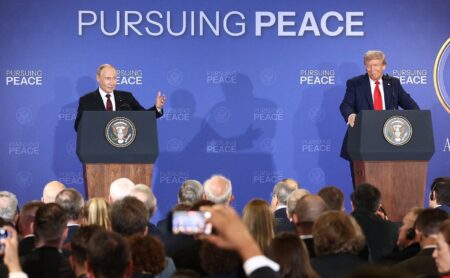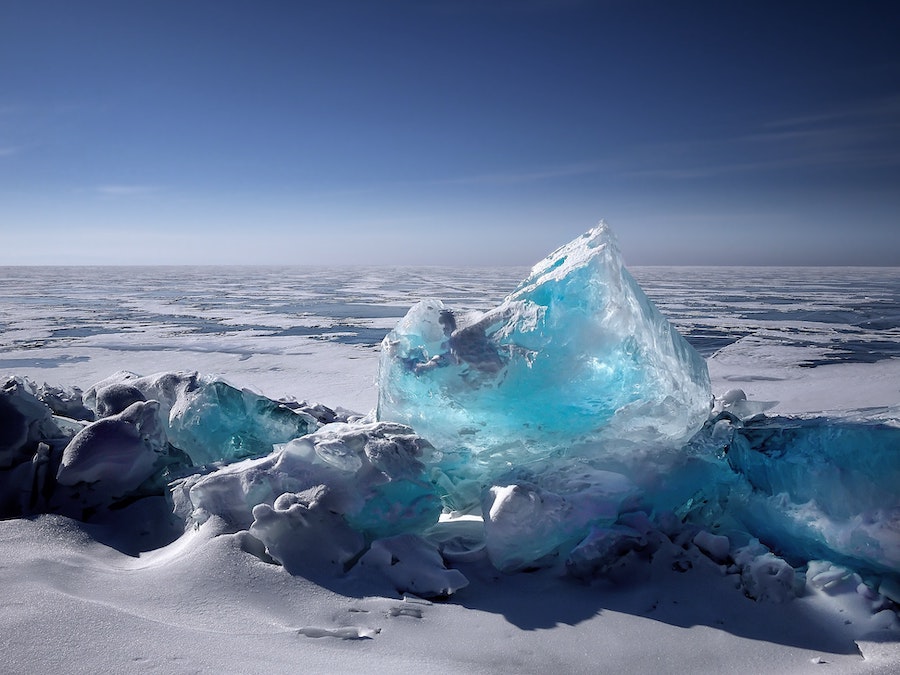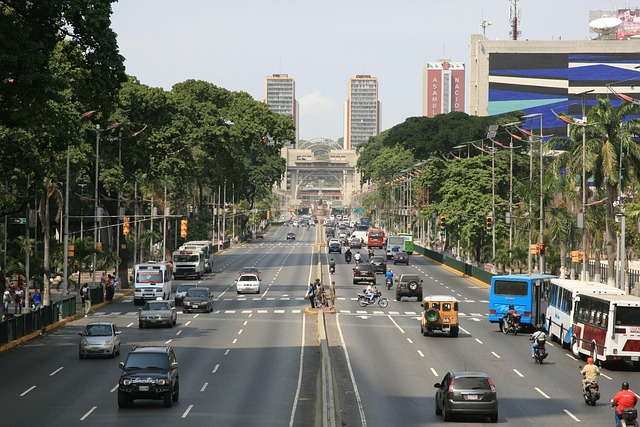
After the summit in Alaska between the Russian and American presidents, some questions remain. What was actually agreed upon is partly shrouded in mystery, and since the Russians hold the winning hand, they are the ones setting the terms.
Many years of supplying NATO weapons and training Ukrainian soldiers have not yielded results; large parts of the country have been lost and large parts of the military have been neutralised. There is even talk of an impending military or political collapse, which could lead to the Russians taking even more territory.
So what do Putin and the Russians want? What are their demands? Below is a compiled list of selected points that I have found from credible sources.
- A ceasefire is out of the question until an overall agreement has been reached.
- Ukraine must completely withdraw its troops from the Donetsk and Luhansk regions. In return, Russia undertakes to freeze the front lines in the Kherson and Zaporizhzhia regions and is also prepared to return small parts of the territory in the Sumy and Kharkiv regions to Ukraine.
- Recognition of Russia’s sovereignty over Crimea.
- A halt to Ukraine’s accession to NATO, discussions on possible alternative security guarantees.
- Official confirmation of the status of the Russian language.
- Freedom of activity for the Ukrainian Orthodox Church.
- Western countries lifting at least some of the sanctions against Russia.
- Addressing the root causes of the conflict.
It is logical that the Russians do not want a ceasefire, as this would give the Ukrainians time to regroup and arm themselves. The Russians do not want to stop when they smell victory. The Americans and Ukrainians, on the other hand, take a different view and are keen to push for a ceasefire.
We must probably expect that Donetsk, Luhansk and Crimea will remain Russian. The population consists mainly of ethnic Russians and there are strong ties to the mother country. The Americans can probably agree to these demands as well, but the Ukrainians do not like it, as the lost territories have natural resources and heavy industry.
The Ukrainians not joining NATO is a basic requirement for the Russians. But this is mostly a matter of a piece of paper with a signature; the country has been a de facto member since 2014, and more weapons have been sent there and more military exercises carried out than in any other member country. The Russians want NATO to stop supporting the Ukraine militarily. In the worst case scenario, the Americans may agree to this demand if they see that the war is hopeless, but the Ukrainians obviously have a problem with this point.
All parties should be able to agree on recognising the Russian language and the Orthodox Church. There are many countries with multiple languages or dialects and religions, and it is entirely possible to live in harmony despite this. Preventing religions and languages is considered despotic.
Lifting sanctions against Russia would improve the economies of many countries, as the Russians export gas and oil to Europe, as well as nuclear technology and much more. Many would benefit from fewer sanctions, except perhaps Ukraine.
And finally, can the United States consider acknowledging the root causes of the conflict?
This may be difficult to accept for those who only read Western media, as the conflict is described as a full-scale war of aggression and, moreover, completely unprovoked. All the blame lies with Putin. Well, all conflicts have a cause, and so does the war in Ukraine. The Russians have long opposed NATO’s expansion eastward, and Kiev was probably their red line.
The removal of the democratically elected Ukrainian president in 2014, eagerly encouraged by the West, was naturally seen as a provocation. This was followed by the installation of a pro-Western president, arms deliveries and military support to Ukraine from NATO, with the ultimate threat of placing nuclear weapons next to the Russian border. If this is not a casus belli, what is?
Of course, we want to paint the West and NATO in a favourable light. If Ukraine wants to join NATO, why shouldn’t they be allowed to? If they want to revolt against their own president, why not? Of course they should get weapons from NATO to protect themselves against the Russian threat, etc.
Naturally, we must hear the arguments from both sides. And we must also accept that this is a conflict that does not significantly affect EU countries. It is ultimately an internal dispute between brother peoples, almost like a civil war. And there are many Ukrainians who identify themselves as Russians, just to complicate matters further. Of course, there is scare propaganda that the Russians will continue to wage war against more countries in Europe after Ukraine. But the question is how likely is that? Wars are costly and protracted. There should be important reasons before starting them.
Finally, no, the United States will probably never acknowledge the root causes of the war in Ukraine. And no one in the West wants to talk about them, because they would make us look too bad. And Putin will probably accept that stance as long as the United States agrees to the other demands.
With the hope that the parties will reach a peaceful solution and end the war as soon as possible.







